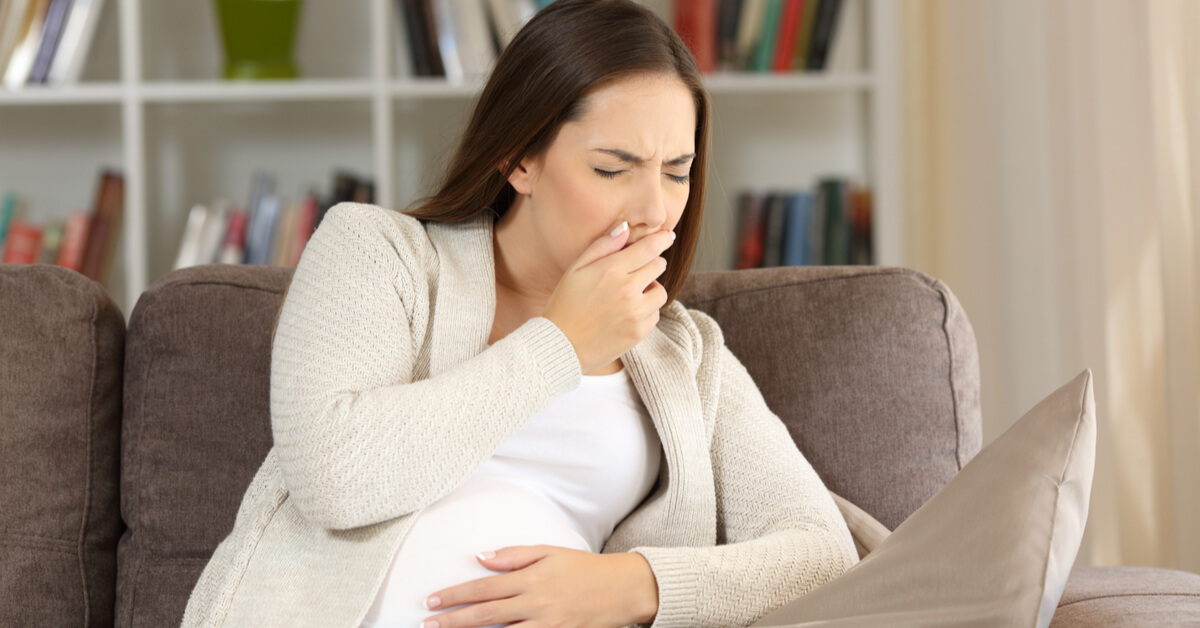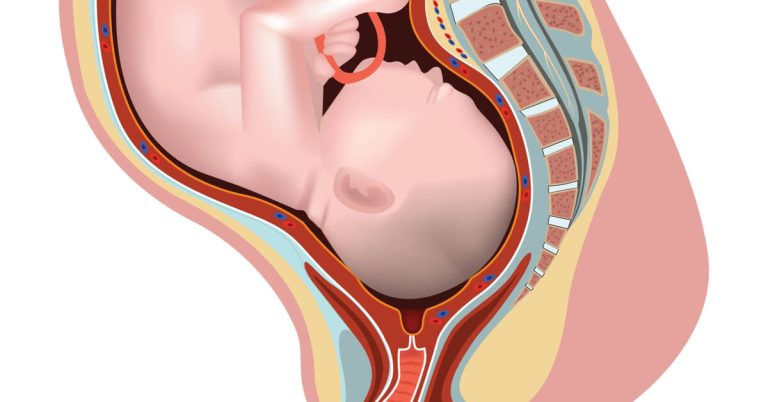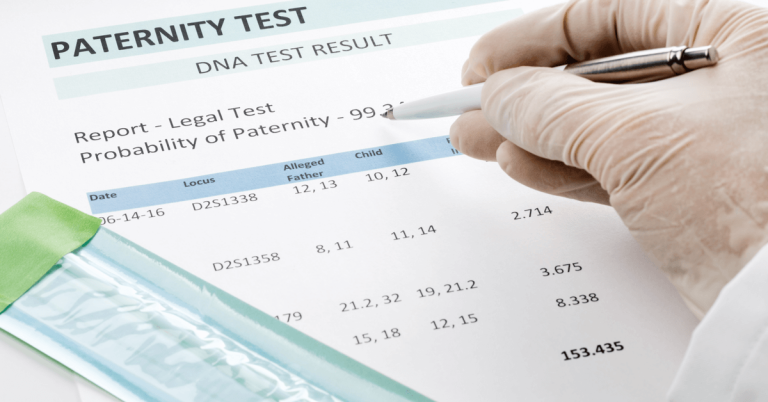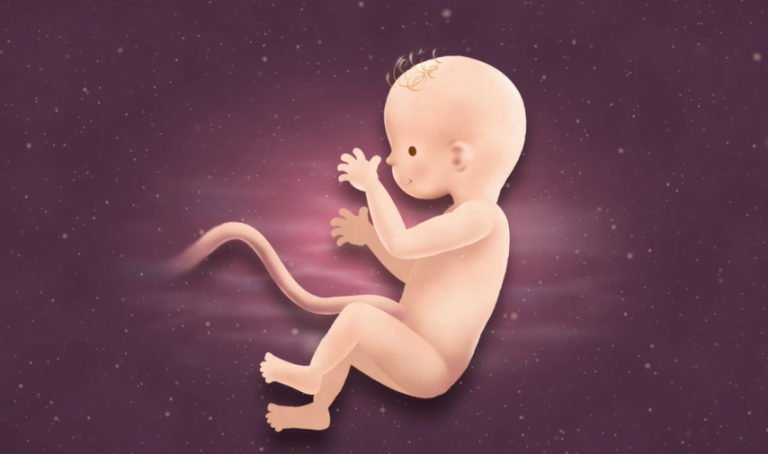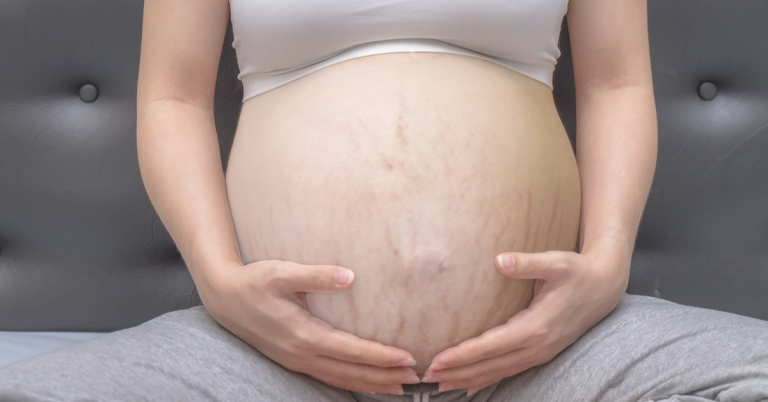The stomach is one of the most rapidly affected organs of the body. Especially during sensitive periods such as pregnancy, stomach-related complaints are more common. Pregnancy symptoms include nausea and heartburn (reflux) mostly. These symptoms can start from the first weeks of pregnancy and continue until the last periods. Therefore, nausea and heartburn during pregnancy are one of the most common topics for new mums-to-be.
Let’s examine together the causes of stomach problems during pregnancy, how they can be prevented and what is good for them.
What Causes Nausea During Pregnancy?
Nausea (morning sickness) is known as an early sign of pregnancy. Therefore, someone who thinks she may be pregnant will first suspect when she experiences missed menstrual period or morning sickness. The same goes for after you find out you’re going to have a baby.
The reason for nausea and vomiting, which can negatively affect the quality of life of expectant mothers, is a matter of curiosity. The causes of nausea in pregnancy can be listed as follows.
- Increase in hormone levels
Sudden increases in the levels of progesterone and oestrogen, which are among the pregnancy hormones, can cause nausea in women.
- Being the first pregnancy of the mother-to-be
Women’s bodies will have already experienced a pregnancy, and begin a process of adaptation against this situation. As a result of this adaptation, nausea can be seen.
- Environmental factors such as stress and malnutrition
Anxiety about pregnancy can trigger stress, while sensitivity to smell can lead to disruptions in eating patterns. Long-term fasting and inadequate and unbalanced nutrition can increase the feeling of nausea during this period.
- Multiple pregnancies
Vomiting and nausea can be seen much more intensely in twin and triplet pregnancies. Multiple pregnancies exist, depending on hormone levels rise and this can lead to nausea, much more intense.
When Does Nausea Start in Pregnant Women and When Does It End?
The complaint of nausea and vomiting is not an expected situation in every expectant mother. While some pregnant women experience these complaints intensely and heavily, some pregnant women may not experience any symptoms. General as occurs in the first weeks of pregnancy causes nausea interests. Nausea may begin between the 5th and 8th week. Usually, complaints decrease with the end of the first 3 months of pregnancy.
What Is Good for Nausea?
Nausea and vomiting can negatively affect your daily life. Especially working pregnant women and those who experience morning sickness can have trouble starting the day. You can try the following methods to alleviate and reduce nausea.
- First, if you are constantly experiencing nausea during the day, you should be prepared for every situation. Do not forget to take your emergency supplies such as bags, napkins and salty snacks with you, especially when leaving the house. Keep these items in your bag when you’re out and about.
- Do not leave your stomach empty for a long time. Long-term fasting increases nausea. Try to eat a little and often during the day.
- When you wake up in the morning, have snacks such as saltine crackers with you to relieve your stomach.
- Night’s sleep in offering your stomach for a long time before bed will remain empty, so try to eat light snacks.
- Consume foods that you think relax your stomach.
- Eliminate the factors that trigger your nausea. For example, your sensitivity to smells can increase your nausea. Find solutions to odours that increase nausea.
- Be mindful of your fluid consumption. Consume enough water every day.
- Try to get lots of fresh air.
By applying these methods, you can alleviate your nausea complaints during pregnancy.
For more: How to Reduce Nausea During Pregnancy?
What Is Reflux (Heartburn)?
Heartburn is a stomach problem, also known as reflux. It occurs when stomach acid backs up from the stomach into the oesophagus. It is the case that the acid irritates the inner surface of the oesophagus. You may feel a burning sensation in your chest area because of the irritation. Some situations can trigger reflux.

What Causes Reflux (Heartburn) During Pregnancy?
Pregnancy is one of the conditions that cause stomach burning problems. The biggest cause of heartburn during pregnancy is hormonal changes.
Progesterone is one of the main hormones that are effective during pregnancy. This hormone is responsible for relaxing the muscles in the body, especially the uterus muscles. This also affects the stomach negatively. Progesterone, which slows down digestion, also relaxes the oesophagus valve, causing the acid in the stomach to come back.
Which Foods Trigger Reflux (Heartburn)?
During this period, you can limit the consumption of certain foods. Thanks to this, you can significantly reduce the state of heartburn. Foods that cause heartburn are mentioned below:
- Frying
- Spicy, spicy food s
- Fizzy drinks s
- Sugary foods
- Fatty foods
- Foods containing vinegar, lemon, chocolate and coffee
Many of these foods can cause heartburn. On the other hand, each person’s body is different, and some pregnant women may also have sensitivity to different foods. It may be more helpful to take your own prevention by keeping track of what food bothers you.
During Which Pregnancy Does Reflux (Heartburn) Occur?
Reflux can occur at any time during pregnancy. This problem can show itself among the early signs of pregnancy and can continue until the last months of pregnancy. Especially in the last weeks, the pressure of the baby on the internal organs and stomach increases. For this reason, there may be an increase in heartburn complaints during these weeks.
How to Deal with Reflux (Heartburn) During Pregnancy?
You can find a solution to the problem of heartburn by paying attention to small points to have a pleasant pregnancy period.
- Eating little and often is the most effective method for burning problems as well as nausea problems. In this way, during pregnancy days when digestion slows down, you will shorten the time for food to be present in your stomach and prevent acid production.
- Having a light snack before going to bed helps to prevent an empty stomach from producing acid.
- Take care to consume plenty of fluids and water to aid digestion.
- The posture of your body is of great importance in terms of pressure on the stomach. Do not lie down immediately after eating. You prepare the environment for the food you eat to return to the oesophagus.
Nausea or heartburn during pregnancy is a common problem for many pregnant women. Sometimes struggling with these problems can force you and make you very uncomfortable. However, no matter what, you should not use any medicine without consulting your doctor. If you want to apply medication for nausea and burns, first you should consult a specialist doctor and use the medications that they recommend.


